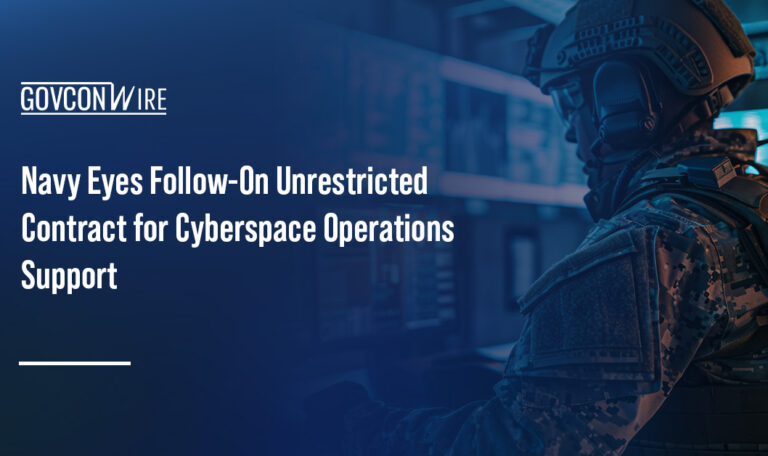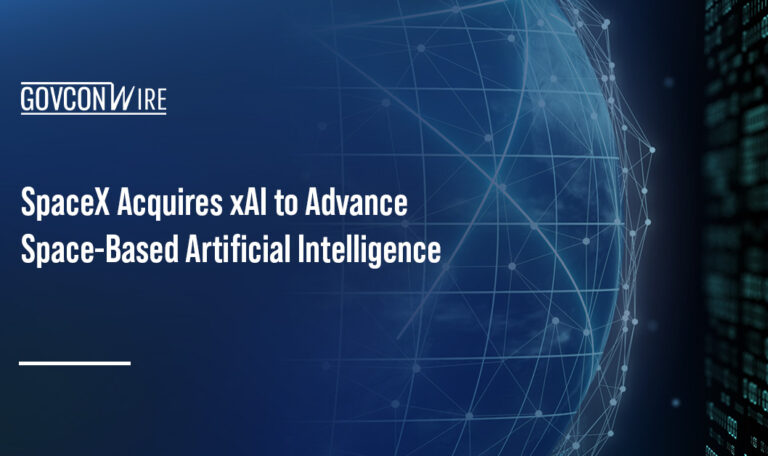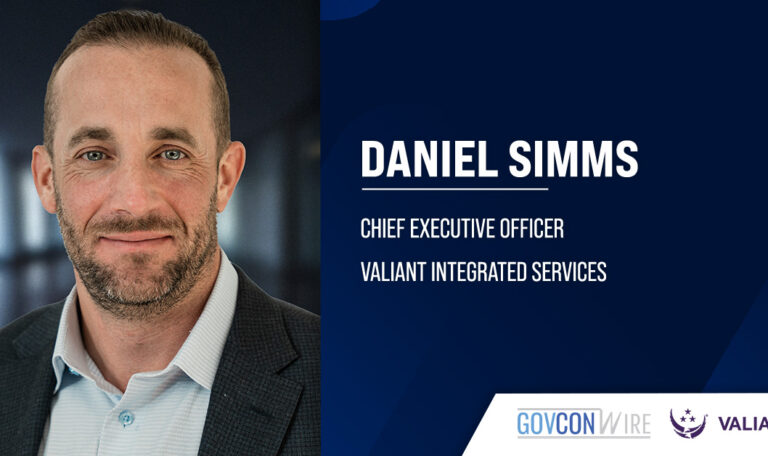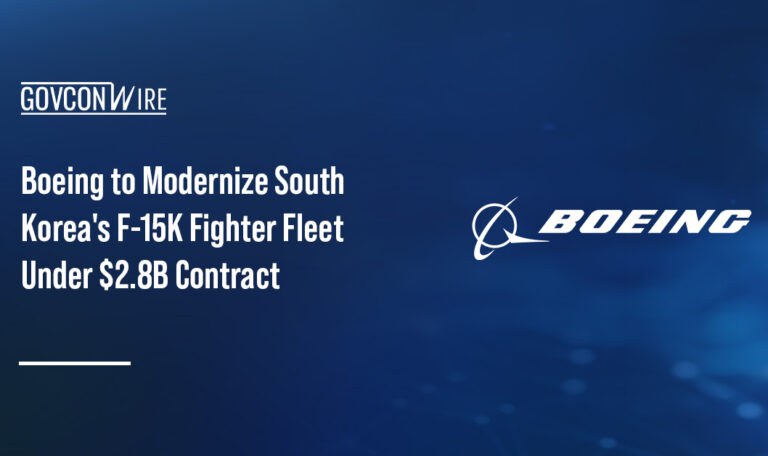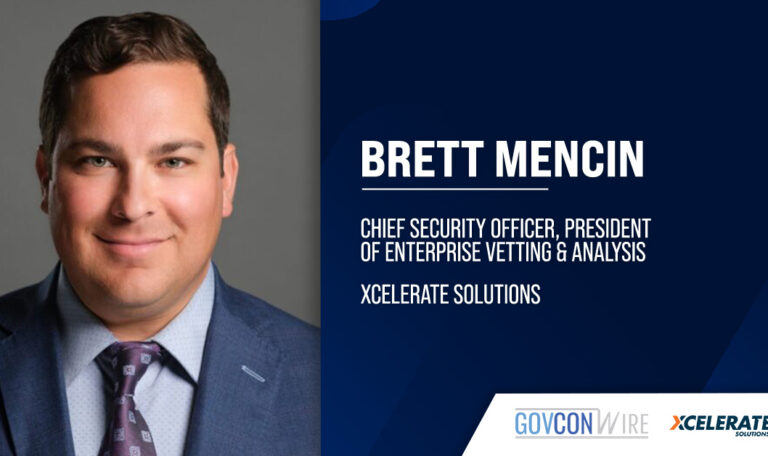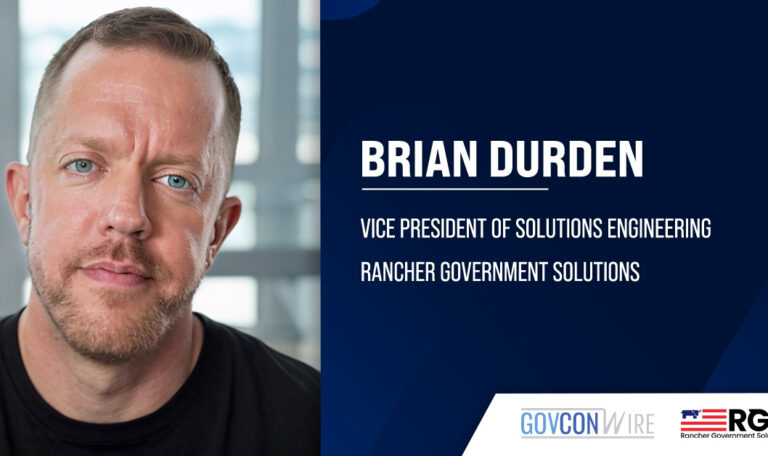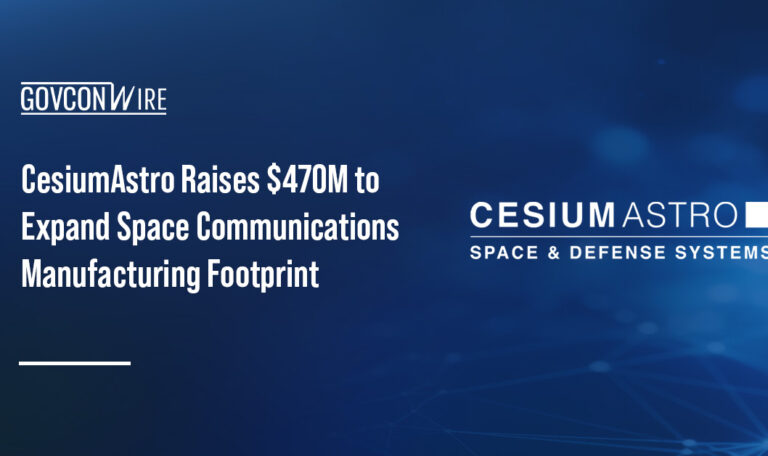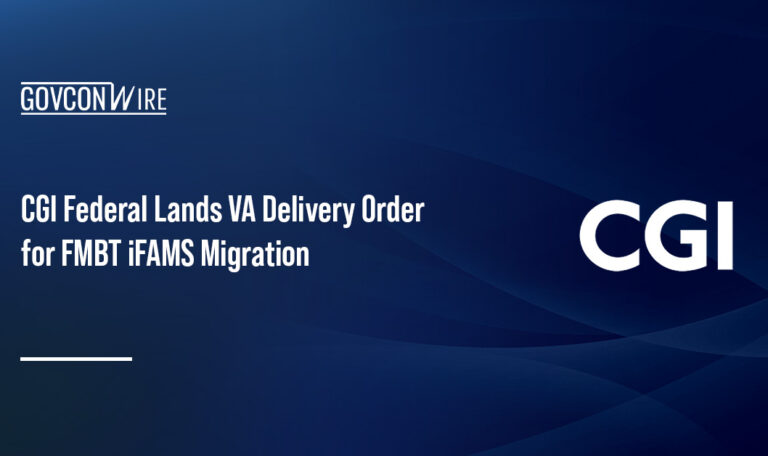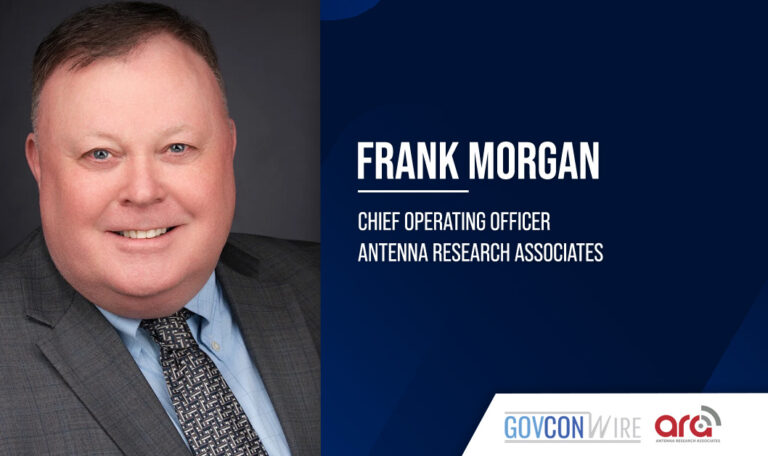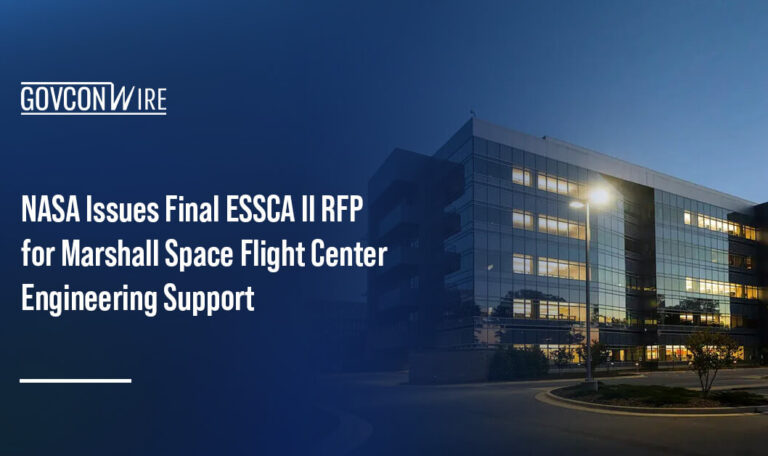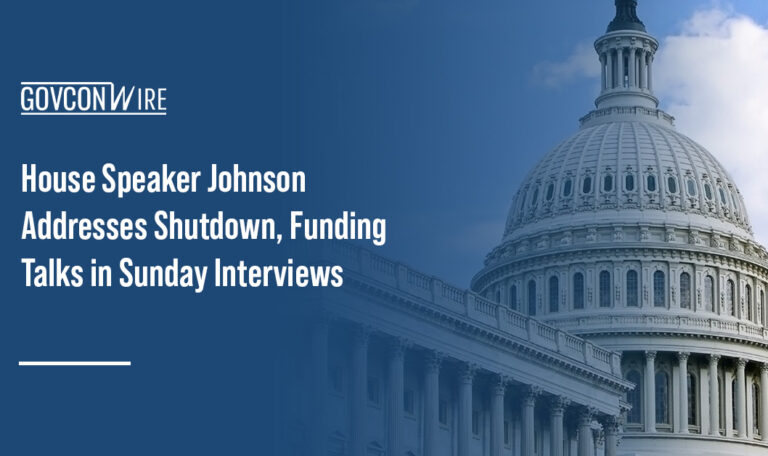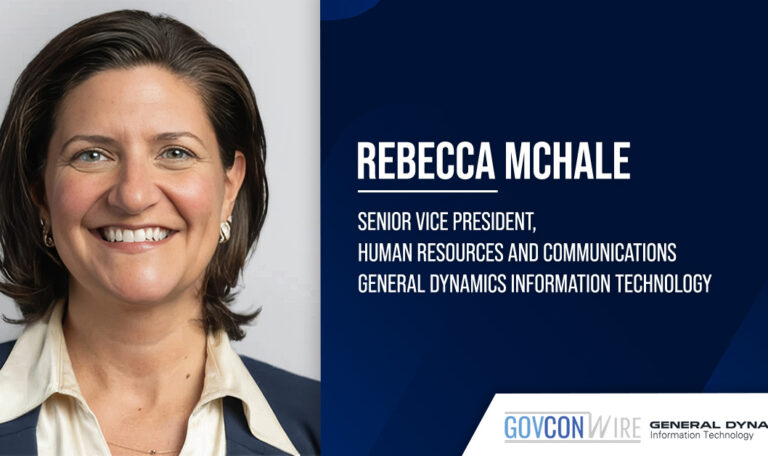The rise of the digital realm has made information technology a key factor in the success of any organization. U.S. government agencies have embraced the digital space, and public sector officials are now exploring numerous technologies that could revolutionize federal IT.

The Potomac Officers Club’s 5th Annual CIO Summit on April 17 will feature six notable IT leaders from a variety of government agencies as keynote speakers. At the event, these experts as well as industry executives will share their insights on today’s federal IT landscape.
To learn more and register to attend the summit before it sells out, click here.
Each CIO Summit keynote has spoken extensively about their priorities. Keep reading to learn about how our keynotes are approaching IT modernization.
Leslie Beavers
Leslie Beavers is the principal deputy chief information officer for the Department of Defense and a 2024 Wash100 Award winner. At GovCIO’s recent Defense IT Summit, Beavers said that she aims to “take cloud to the next level.”
She also wants to improve 5G networks at all military installations, enhance cybersecurity and progress the department-wide implementation of zero trust.
Doug Cossa
Defense Intelligence Agency CIO Doug Cossa is laser focused on zero trust. At the Potomac Officers Club’s 9th Annual Intel Summit last year, he said that his organization is currently experimenting with zero trust, and though there have been setbacks, Cossa has welcomed these challenges as a way to help the DIA identify issues with certain systems that they may not have otherwise uncovered.
Dr. Adele Merritt
At last year’s edition of the CIO Summit, Intelligence Community CIO Dr. Adele Merritt shared five key IT priorities for intelligence agencies, one of which is multi-cloud interoperability.
“While our community is excited about all the benefits, opportunities and capabilities that operating in a multi-cloud environment brings, we are also concerned about the additional cybersecurity risks,” she noted.
The other priorities she highlighted are system test and evaluation, zero trust, strengthening overall security and workforce development.
Robert Costello
Robert Costello currently serves as CIO of the Cybersecurity and Infrastructure Security Agency, an organization with a unique position to partner with agencies across the U.S. government to support their cybersecurity initiatives.
Costello said the agency, which was established in late 2018, is focused on adapting to its mission as an operational component as it continues to grow. In doing so, the agency is thinking about how it can collaborate with the mission side “to ensure that we’re delivering systems that they can utilize, and also giving them enough freedom to operate the way that they need to.”
Ann Dunkin
Department of Energy CIO Ann Dunkin is currently examining potential uses of generative artificial intelligence in the department’s modernization efforts. She said in a Fed Gov Today interview that while the DOE has halted the use of ChatGPT, various offices within the organization are taking their own look at areas in which generative AI could be implemented.
“In every case, we’re making it available to people who have a business need to use the tool. But there’s more to the story as well. We got a group from across [Energy] together — over 100 people — to talk about how we’re going to use generative AI,” Dunkin said.
Lt. Gen. Robert Skinner
Lt. Gen. Robert Skinner, director and commander of the Defense Information Systems Agency and a three-time Wash100 awardee, is also exploring AI. He said during the Billington Cybersecurity Summit in September that although many individuals “are hesitant to embrace AI,” its implementation cannot be delayed “because even as a nation we need to take advantage of what it offers.”
According to Skinner, DISA is working to harness the potential of AI to sort through mass amounts of data and automate repetitive tasks.
Federal officials have turned to contracts as a way to accelerate the adoption of new IT capabilities.




